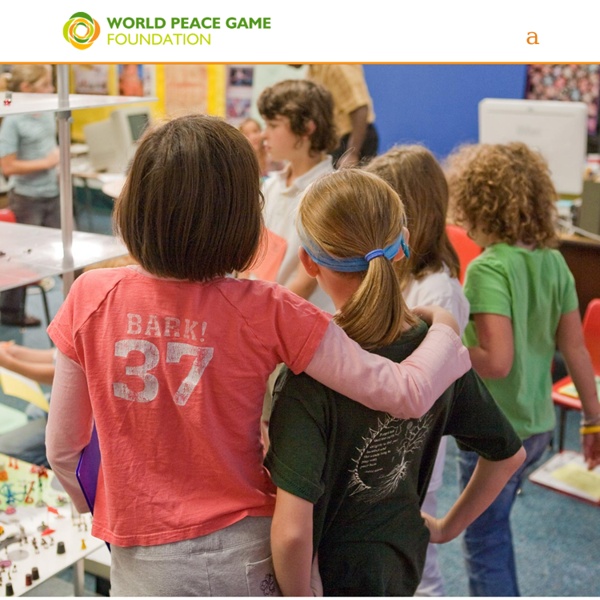World Peace Game Foundation

10 Speaking English Activities using TED.com
Many English Language teachers, when deciding to work with a video clip in their classrooms, make a false assumption that for an activity to be considered as really teaching, then prior to showing it, they'd better sit down for a few hours, prepare an extensive worksheet filled with vocabulary and grammar questions and what-not...in order to turn it into a good pedagogical exercise, you know to ensure it's really not just glorified babysitting. ;-) Personally, I don't agree and I really don't think that extensive worksheets provide a particularly authentic experience - such a thing mainly just erodes the power of the message within the video, takes away the inherent pleasure in learning from TED speakers. Here are a few simple activities you can do with the video clip you're about to show/ are showing/ have shown to your students without designing a full worksheet : 1. Ask them what they think the speaker will be discussing and why they think this. Examples: 2. 3. Examples: 5a. 6. 7. 8. 9.
Related:
Related:



